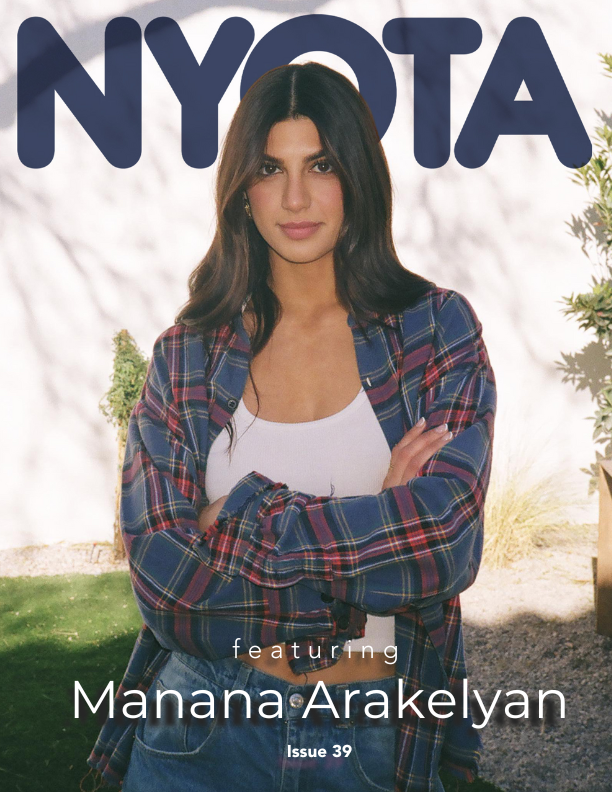Words by Alena Underwood
Last month, I, like millions of others, was at home watching the Grammys. As the performances went by, I couldn’t help but notice how many times I found myself going, “Oh—that’s that TikTok song!”
There’s no doubt that TikTok has taken the world by storm. With over 1 billion users, videos can go viral and reach a massive audience in a matter of minutes. Sounds play a central role in content creation, and songs often become integral to trends like dance challenges and lip-sync videos. As a result, TikTok has undoubtedly changed the music industry in profound ways.
First, the advantages of marketing songs are impossible to ignore. When a song becomes part of a viral dance or trend on TikTok, it leads to more and more people listening to it. It becomes inevitable that listeners will head to their music-streaming apps, search for the lyrics, and stream the song. This massive shift has pushed music labels (and independent artists) to rethink their marketing and publicity strategies. Labels are now more likely to work directly with influencers to promote upcoming releases. Artists might use TikTok to tease snippets of their new songs before the official release, treating the platform as a testing ground. Because of the multiple publicity avenues, TikTok has somewhat leveled the playing field so that any artist has the potential to go viral, reaching a massive audience.
Take Olivia Rodrigo, for example. While the former Disney star was already known, I would argue that it was TikTok that amplified her career and propelled her to pop stardom. On January 9th, 2021, Rodrigo posted a part of her song on the app, explaining the lyrics and the process behind writing it. The video quickly became a viral sensation, racking up over 11 million likes and 100 million views. This viral moment helped shift Rodrigo out of the “Disney star” spotlight, introducing her to new audiences who weren’t familiar with her. The strategy proved incredibly effective; within just four days of the release of “Driver’s License,” the song broke Spotify’s record for the most daily streams ever for a non-holiday song. Just two days later, it broke another Spotify record by becoming the first song in history to hit 80 million streams in just seven days. Rodrigo became an international pop star within the week, and a lot of that success was fueled by a 60-second TikTok video.
Now, I can already hear the argument: Olivia Rodrigo was already famous before she posted that video! To that, let’s talk about Lil Nas X. On December 3, 2018, Lil Nas X released the song “Old Town Road.” To promote it, the rapper turned to TikTok, creating memes using his song. The song went viral after people started doing the #Yeehaw challenge, which used his song. “Old Town Road” debuted at number 83 on the Billboard Hot 100 chart, eventually climbing to number one. It also debuted on the Hot Country Songs chart at number 19 and on the Hot R&B/Hip-Hop Songs chart at number 36. Lil Nas X broke Drake’s record (who is represented by one of the biggest record labels) for the most U.S. streams from one song in a single week, hitting 143 million streams. By August 2019, the song had been streamed over a billion times on Spotify alone. The music video, released in May 2019, garnered over 370 million views by August 2019. I say this to say: TikTok’s influence isn’t limited to artists with an existing following. Even with no major label or platform to start, Lil Nas X was able to turn a viral challenge into global success, proving that TikTok can make songs viral, regardless of an artist’s prior fame.
TikTok has fundamentally transformed the music industry, offering artists of all backgrounds the chance to go viral and reach a global audience. Whether it’s established stars like Olivia Rodrigo or breakthrough artists like Lil Nas X, the app has proven to be a powerful platform for launching music careers and reshaping the way songs are discovered. TikTok has undoubtedly changed how artists promote their music, and I believe this method of organically reaching fans through viral videos is here to stay. If TikTok were to disappear again—those 24 hours were rough—I think this tactic would simply shift to another platform, like X or Instagram. The viral nature TikTok established seems too impactful to go away. As TikTok continues to dominate, it’s clear that its influence will only grow, making it an essential tool for any artist hoping to make their mark in today’s music landscape.
This story first ran in Issue 39: The Digital Issue. Read more from the issue here


